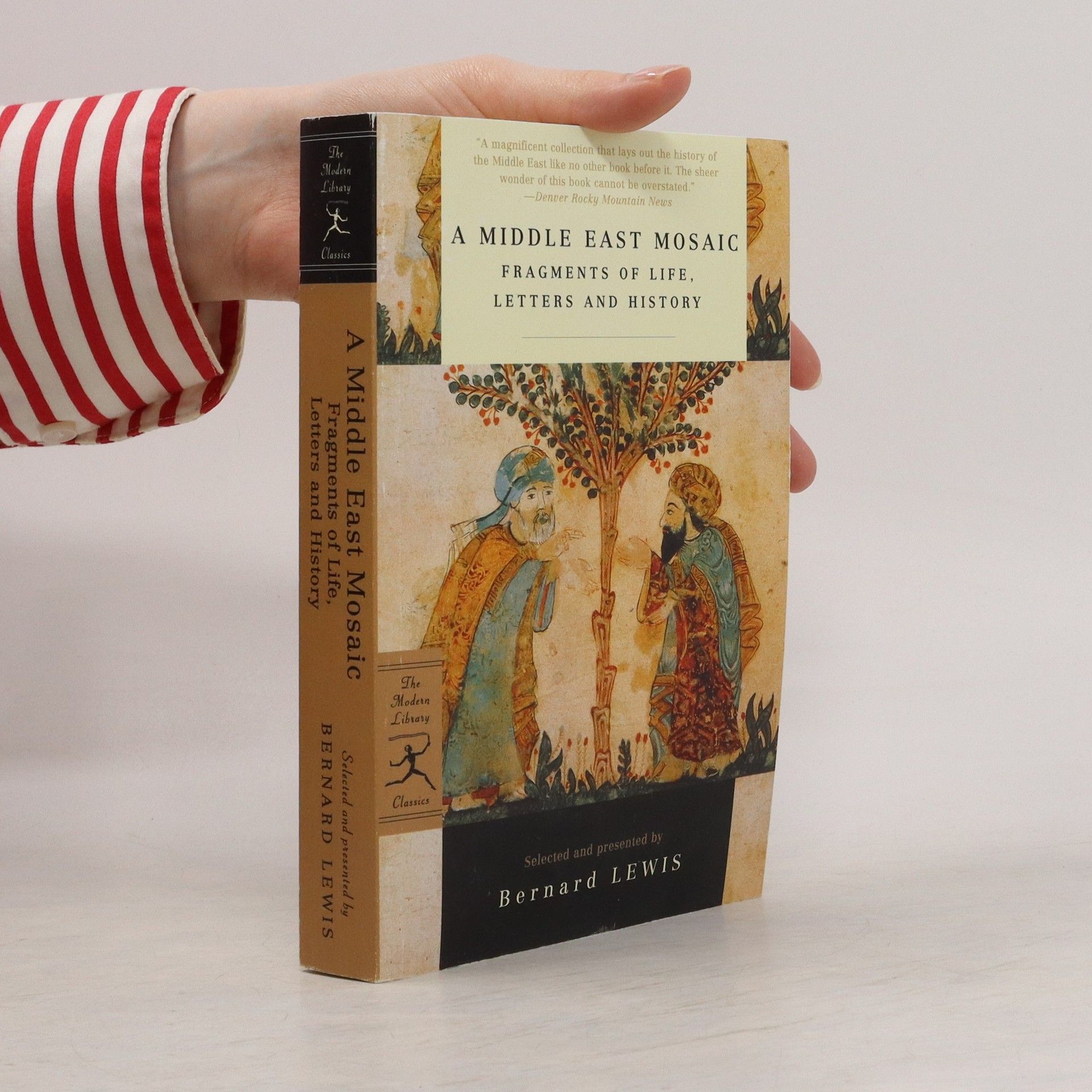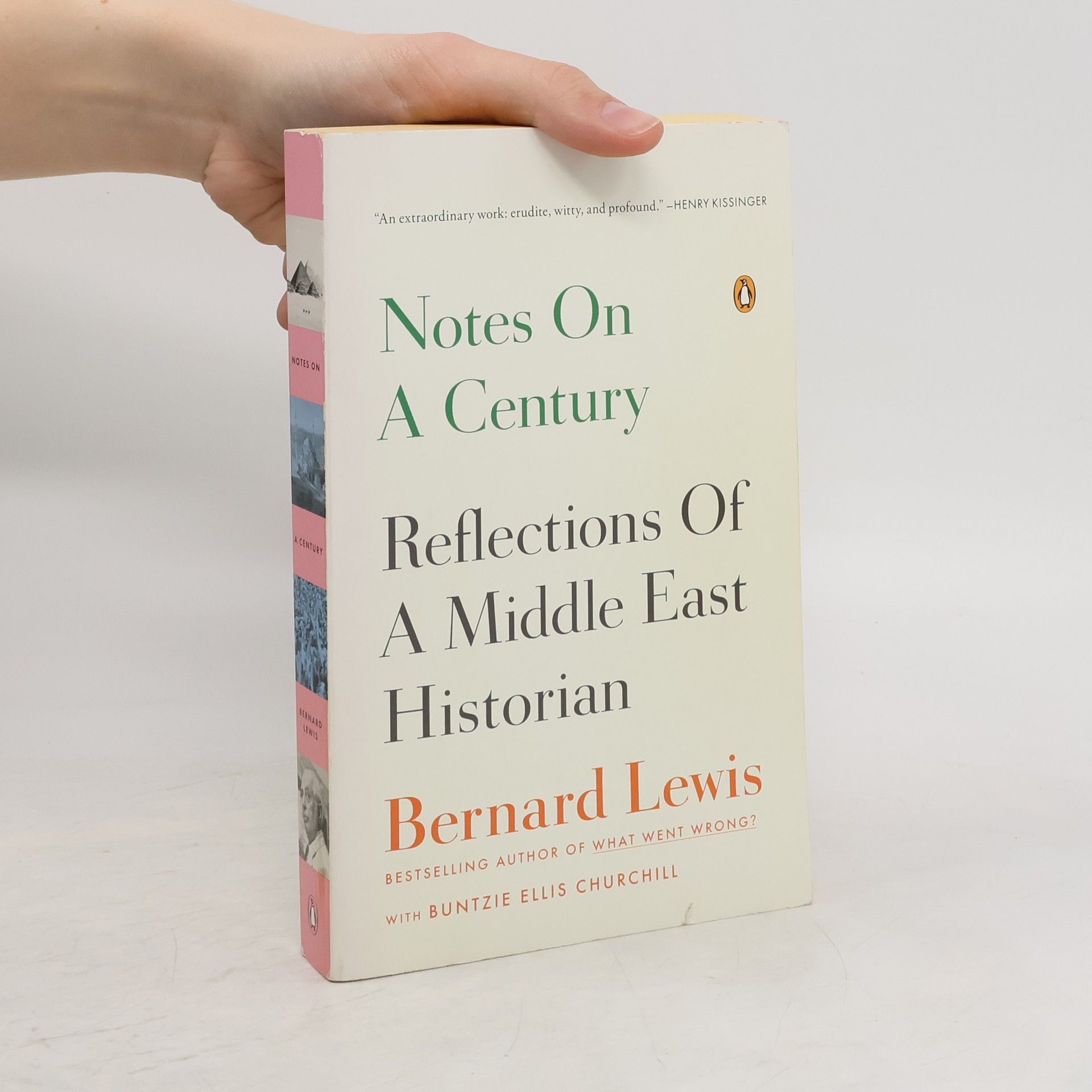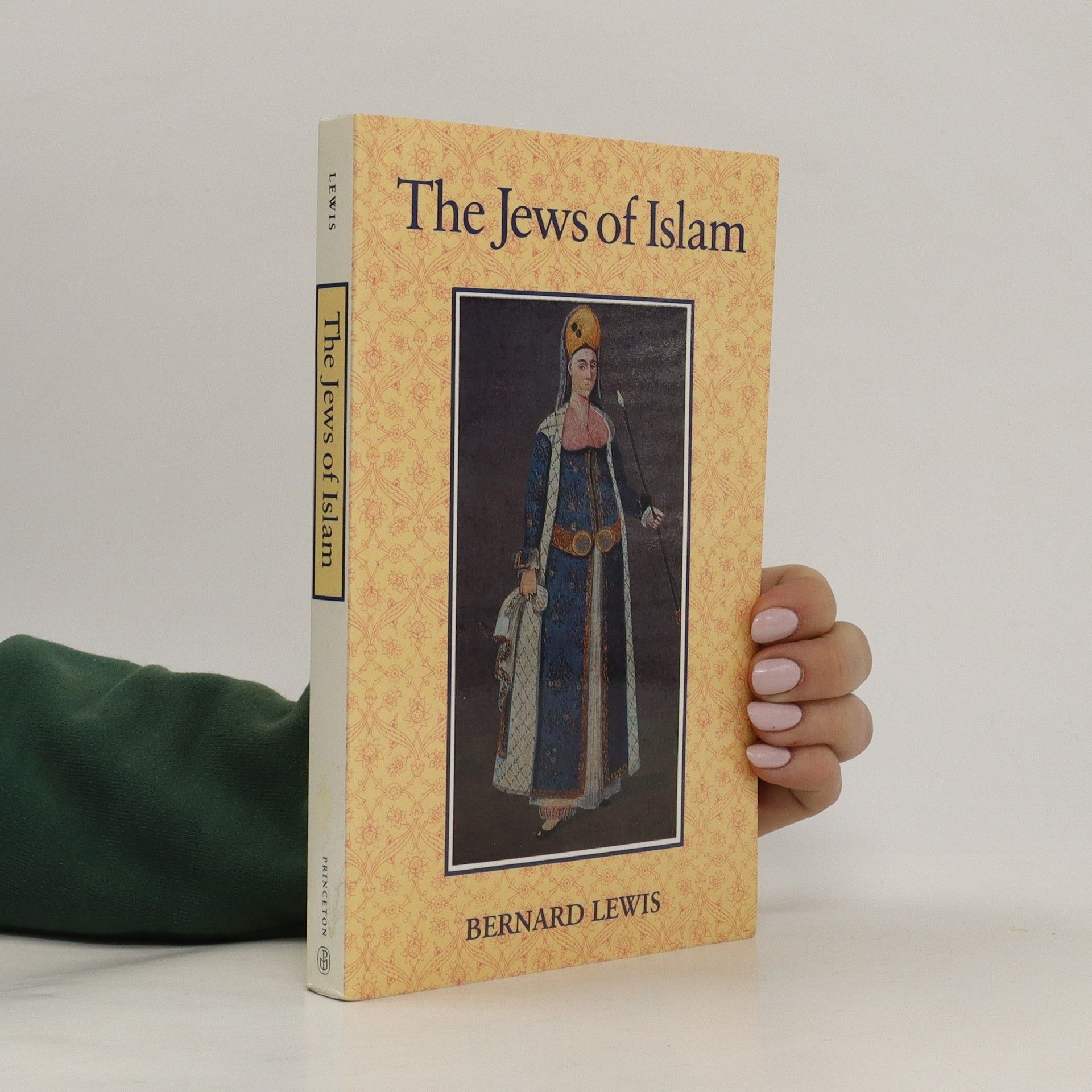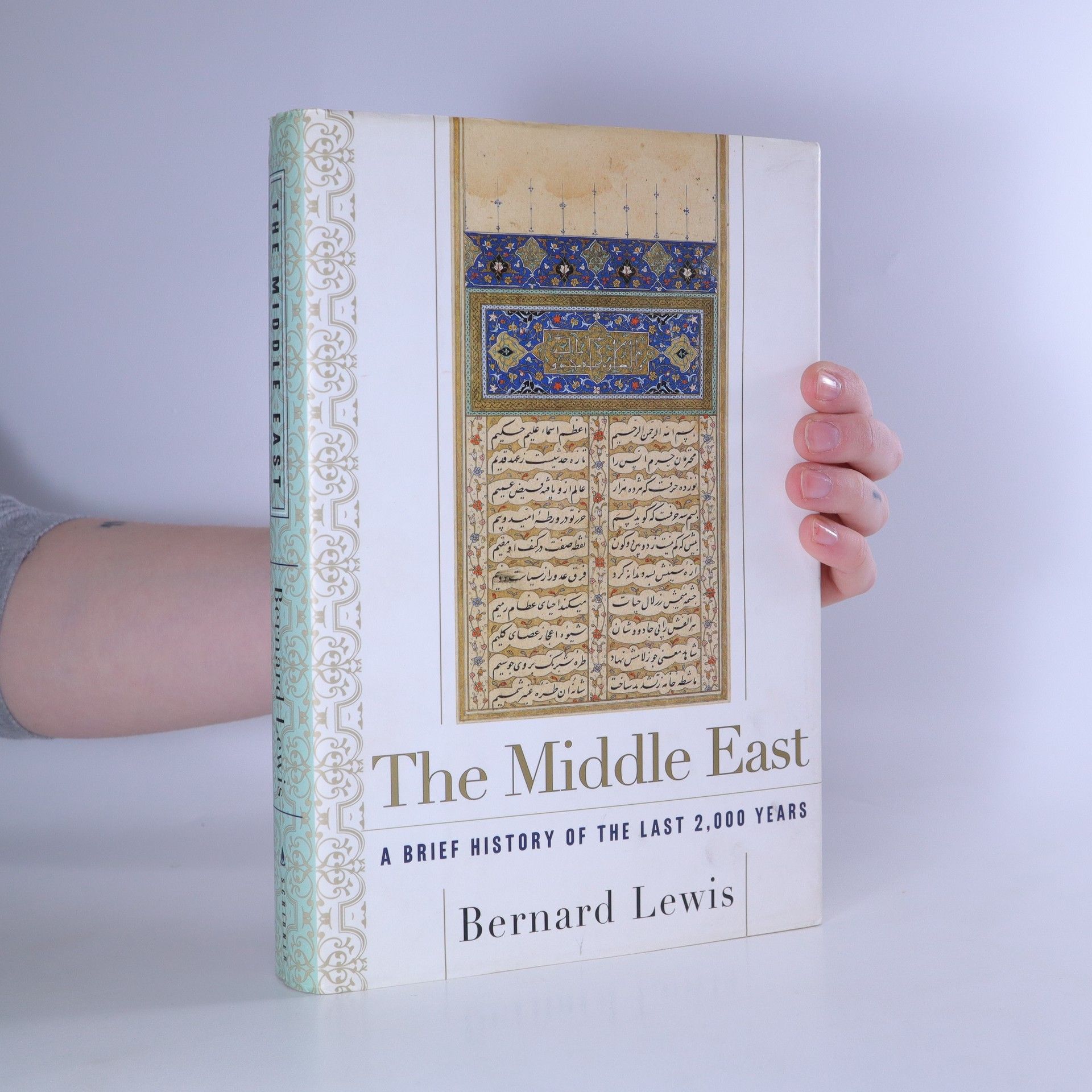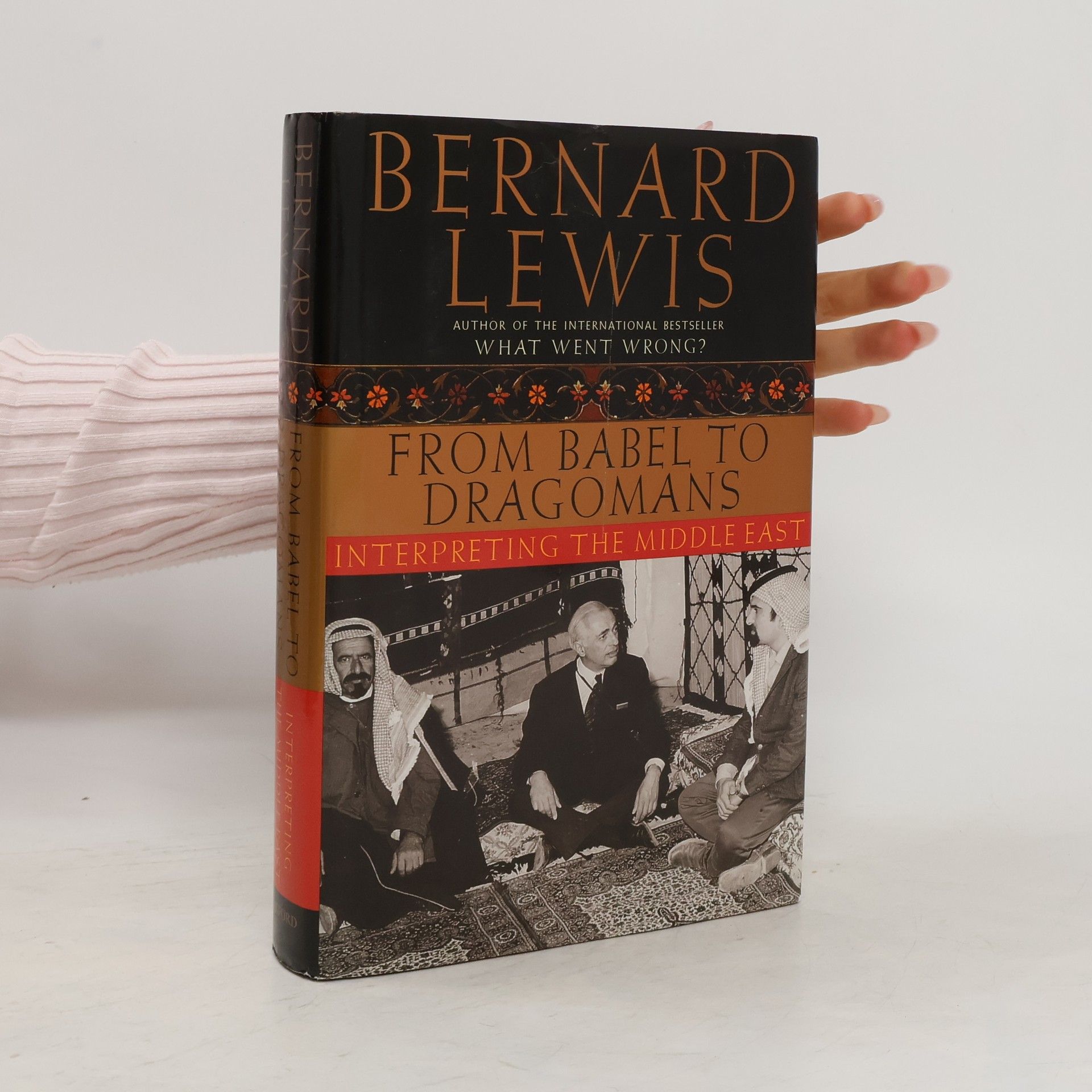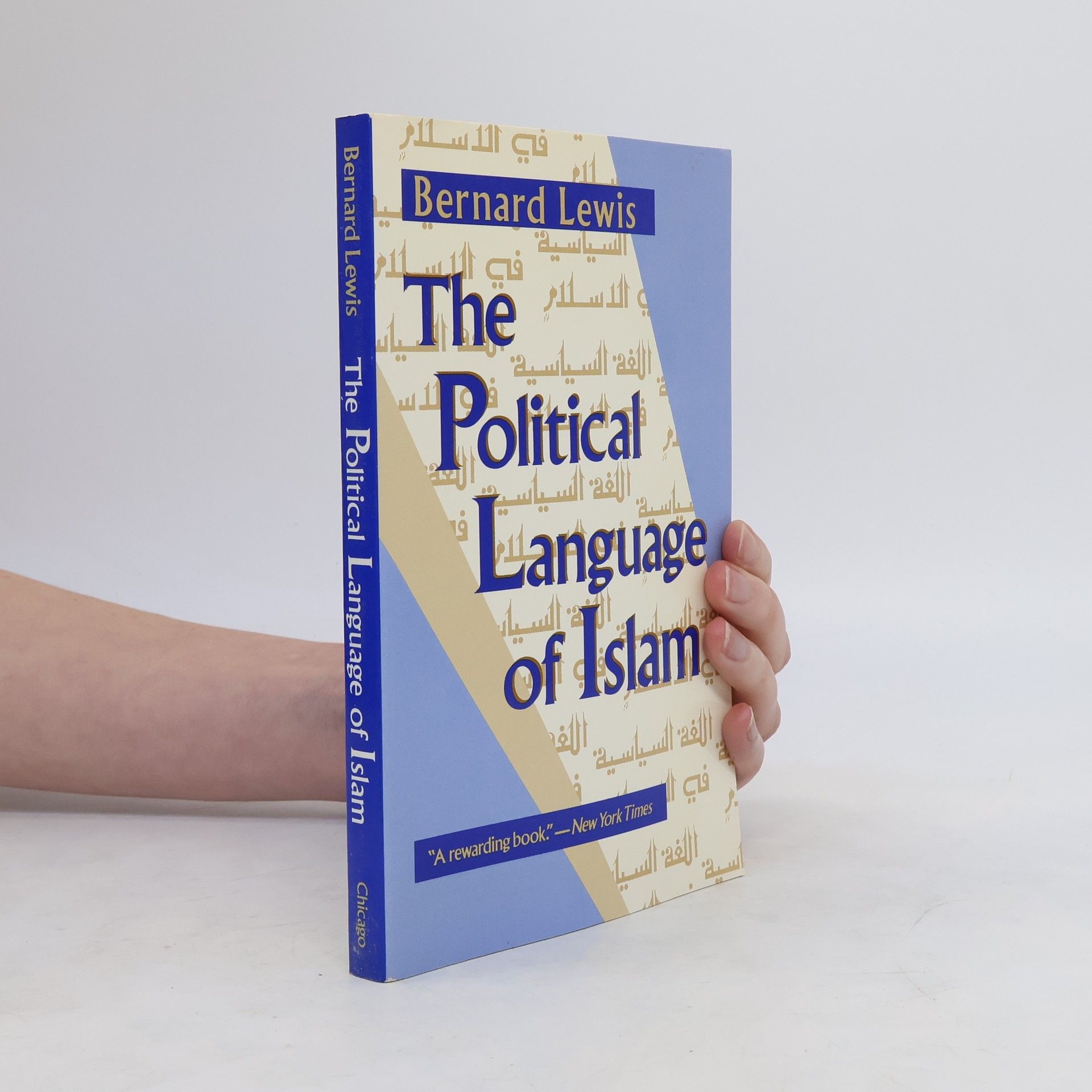Musulmani alla scoperta dell'Europa
- 413pagine
- 15 ore di lettura
In questo libro ormai classico, Bernard Lewis ribalta la nostra usuale nozione della parola "scoperta": qui gli europei non sono gli esploratori di terre remote e selvagge, ma gli esotici barbari "oggetto di scoperta e di studio da parte di osservatori provenienti dalle terre dell'Islam". Per questo, Lewis racconta la battaglia di Poitiers come dovette apparire non a Carlo Martello ma agli arabi, e Lepanto e l'assedio di Vienna dal punto di vista dei turchi. Racconta soprattutto l'immagine dell'Europa riflessa nelle opere della cultura islamica: un'Europa che nel Medioevo appariva arretrata e incivile, e che nei secoli seguenti diventa sempre più lontana e incomprensibile.

